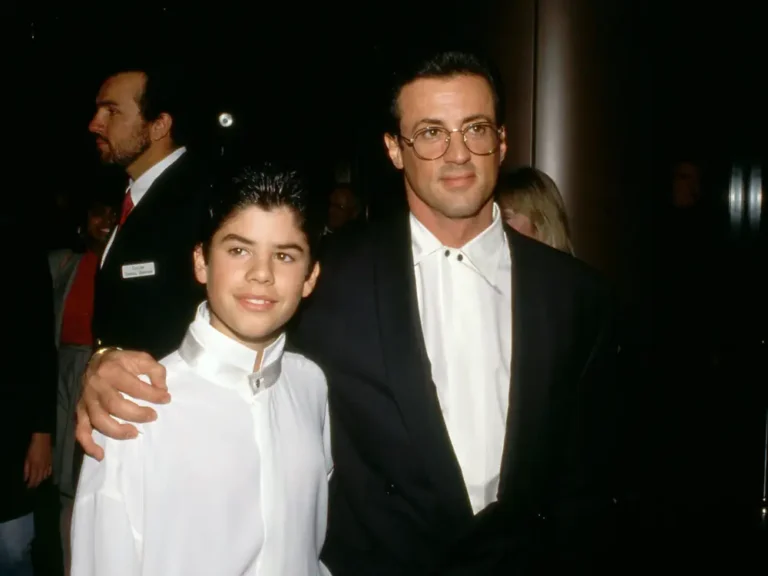How to Choose the Right Architect for Your Construction Project: A Comprehensive Guide

Selection of suitable Architect
Choosing the right architect for your construction project is one of the most important decisions you’ll make. The architect plays a crucial role in not only designing your building but ensuring it meets industry standards, is aesthetically pleasing, and aligns with your vision. Whether you’re building a home, office, or commercial space, finding the right architect can determine the success of your project. In this guide, we’ll walk you through the essential steps to choosing the perfect architect while focusing on key factors like experience, style, budget, and communication.
1. Define Your Project Goals and Requirements
Before you begin the search for an architect, you must be crystal clear on your project’s goals and requirements. This step helps you understand what you’re looking for and allows you to effectively communicate your vision to potential architects. Consider these factors when defining your goals:
- Purpose of the Building: Is it a residential, commercial, or industrial project? Knowing the intended use will help narrow down architects with experience in that specific area.
- Dimensions and Layout: Consider the size of the building, the number of floors, rooms, or offices, and how you want the space organized.
- Aesthetic Vision: What style are you aiming for? Modern, minimalist, classic, or eco-friendly? It’s important to have a clear vision of what’s beautiful and practical for you.
- Budget: Define a realistic budget for both the design and construction phases.
- Timeline: Set a project timeline that includes start dates, milestones, and the desired completion date.
- Special Requirements: Does your project have any specific needs, such as sustainable design, disability access, or particular zoning regulations?
Taking the time to outline these goals ensures that you approach architects with a clear vision. It also helps the architect understand whether they are the right fit for your project.
2. Research and Create a Shortlist
Once you’ve defined your project goals, the next step is to start researching architects. Begin by looking for architects who have experience in similar projects and who can align with your vision. When conducting your research, consider architects who have:
- Relevant Experience: Find architects who have previously worked on projects similar to yours in terms of size, scope, and function.
- Strong Design Portfolio: Review their portfolio to understand their design aesthetic and see if it matches your vision.
- Sticking to Budgets and Schedules: Look for architects who have a track record of completing projects on time and within budget.
- Specialized Skills: If your project requires specific expertise, such as eco-friendly designs, make sure the architects have experience in that area.
- Accreditation: Ensure the architects are licensed and accredited by the relevant authorities in your region.
- Project Management Strength: Check if they have solid project management skills to keep things running smoothly.
After compiling a list of 3-5 architects, you can begin to dig deeper and see who is best suited for your project.
3. Interview Final Candidates
Once you’ve created a shortlist of architects, set up meetings or interviews to get a more detailed understanding of their approach. Use these meetings to ask critical questions and assess how well the architect fits your needs. Key questions to ask include:
- Experience with Similar Projects: Ask the architect about their experience with projects similar to yours and how they handle the unique challenges associated with those types of buildings.
- Design Process: Understand their approach to design. Do they start with sketches, CAD designs, or 3D models? How often do they check in with you during the design phase?
- Project Involvement: How hands-on will they be throughout the project? Will they visit the construction site regularly or delegate this to another team member?
- Communication: How do they handle communication during the project? Will they provide updates frequently, and how open are they to collaboration and feedback?
- Team Composition: Who will be working on your project? Is it just the architect, or do they have a team of engineers, designers, and project managers involved?
During these interviews, focus on how effectively the architect communicates. Do they ask thoughtful questions? Are they engaged in understanding your vision? Clear and frequent communication is vital to ensuring the success of the project.
4. Verify References and Review Past Projects
Once you’ve narrowed your list, it’s important to verify the credentials of the remaining candidates. Checking references and reviewing past projects can give you insight into the architect’s work style, strengths, and weaknesses. Here’s what you should do:
- Check References: Ask the architect for 2-3 client references. Reach out to these clients to get first-hand feedback on their experience, focusing on whether the architect was easy to work with, completed the project on time, and met the budget.
- Review Portfolio: Look at examples of previous projects. Assess the design consistency, the incorporation of the client’s feedback, and the architect’s attention to detail.
- Analyze Project Delivery: Determine if the architect has a track record of delivering projects on time and within the set budget.
The best way to evaluate an architect is through their past work. By reviewing their portfolio and speaking with former clients, you can identify which architect aligns with your expectations.
5. Request Proposals and Review Them Carefully
Once you’ve narrowed down your choices, ask the final candidates to submit a project proposal. The proposal should cover a wide range of aspects related to the project, such as:
- Design Concept: A proposed design concept based on your vision, including preliminary sketches or design ideas.
- Scope of Services: A breakdown of the services offered at each stage, from design development to construction oversight.
- Timeline: A timeline for each design phase, including design development, approvals, and construction.
- Cost Estimate: A detailed breakdown of fees and costs, including architectural services, CAD drafting, 3D rendering, and more.
Carefully review these proposals and cross-reference the cost estimates with those provided by independent estimators or outsourcing firms to verify accuracy. Make sure the architect’s services fit within your budget and that there are no hidden fees.
6. Finalizing Your Choice
After evaluating proposals, reviewing references, and analyzing past work, you should have a clear idea of which architect is the best fit for your project. However, before you make a final decision, it’s important to:
- Ask Follow-Up Questions: If there are aspects of the proposal you don’t understand or need clarification on, ask follow-up questions. The architect should be willing to explain any uncertainties.
- Ensure Compatibility: Confirm that the architect’s design style aligns with your vision and that you feel comfortable working with them over the duration of the project.
- Negotiate Terms: Be open to negotiating terms and fees before signing the contract. The right architect should be flexible and willing to work within your budget and requirements.
Conclusion
Choosing the right architect for your construction project is a critical step that requires thorough research, clear communication, and careful consideration. By defining your goals, interviewing candidates, verifying credentials, and reviewing proposals, you can ensure that you find an architect who will bring your vision to life while adhering to budget and time constraints. Taking the time to choose the right architect at the beginning will save you time, money, and stress down the road, ensuring your project is completed successfully and to your satisfaction.





